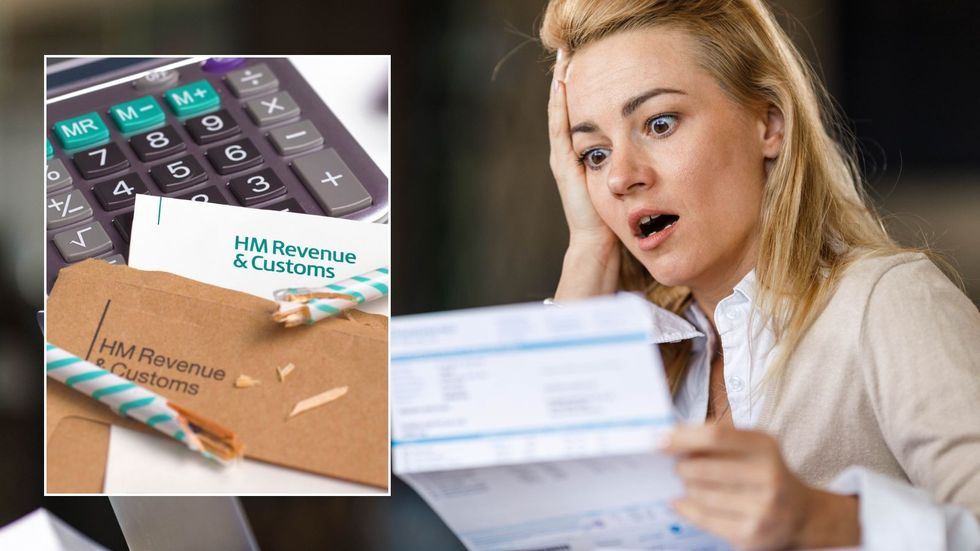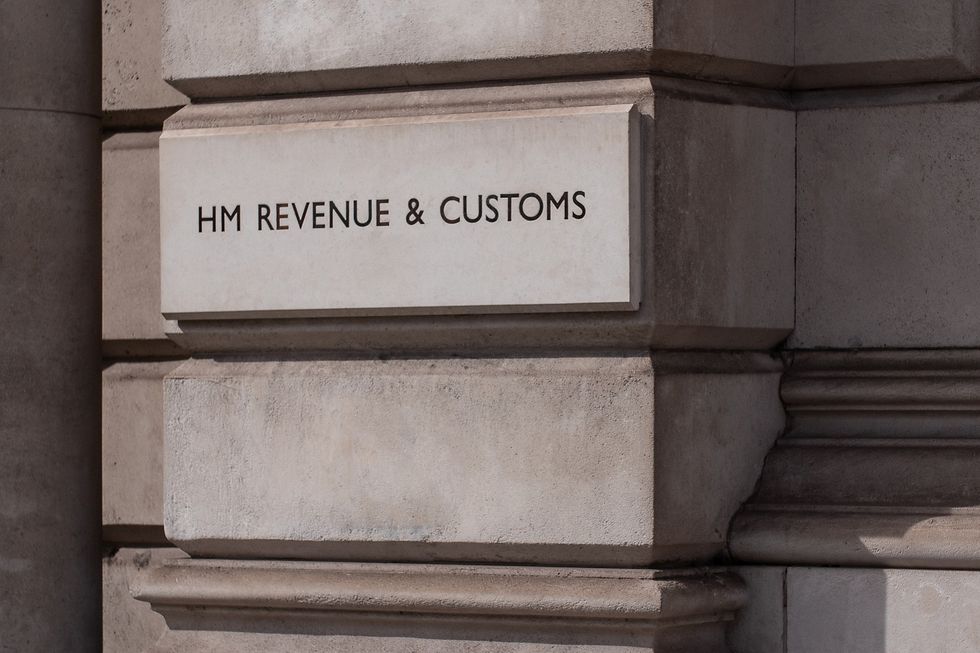Inheritance tax has been deemed the "worst tax in Britain"
GETYY
Inheritance tax is a levy on the estates of those who pass away which are worth more than a certain amount
Don't Miss
Most Read
Trending on GB News
Taxpayers are being warned to avoid losing their hard-earned cash to the “most unfair tax in Britain” by experts.
The levy in question is inheritance tax (IHT) which is paid on the estates of the deceased, including their money, possessions and property.
Who pays inheritance tax?
Inheritance tax is paid at a rate of 40 per cent on estates which are worth more than the £325,000 threshold.
According to the latest figures from HM Revenue and Customs (HMRC), some 27,000 estates paid IHT in the 2020-21 tax year.
HMRC statistics for the same year revealed that £5.76billion in IHT liabilities were brought in over the period.
This was a 16 per cent increase from usual figures which is believed to be partially contributable to deaths during the Covid-19 pandemic.
Do you have a money story you’d like to share? Get in touch by emailing money@gbnews.uk.

The levy is paid at a rate of 40 per cent on the estates of those who passed away
GETTYHow to avoid paying inheritance tax
Experts from TaxBite are citing the ways in which people can legally avoid paying the unpopular tax, albeit partially.
Among the many measures individual taxpayers can take to protect their estate include the following:
- Placing your life insurance policy in a trust
- Gifting money to friends and family before your death
- Taking advantage of trusts
- Making charitable donations.
Despite being vital financial lifelines for families, life insurance policies are still subject to inheritance tax which can be protected by trusts.
Under current rules, Britons can place £3,000 a year in trusts as well as make unlimited small gifts of £250, without paying IHT.
Depositing money in trusts is a useful way of passing money to children and grandchildren until they are old enough to claim it.
However, the seven-year “potentially exempt transfer” rule applies which means no tax is due if someone lives for seven years after giving them.
Gifts for children and grandchildren are also exempt, however the same restrictions remain.
Children can be granted up to £5,000 while grandchildren and great-grandchildren can receive up to £2,500.
LATEST DEVELOPMENTS:

Thousands of households are being forced to pay more money to HMRC
GETTYKasra Dash, Founder ofTaxBite, said: “Leaving money behind for family and friends is not just a financial act, but a statement of love and legacy.
“However, inheritance tax can often feel like a penalty on a lifetime of careful saving and investing by diminishing the financial legacy we can hope to pass on.
“This can disrupt small businesses that families have built over generations, potentially leading to a loss of livelihood for those who remain.
“It's about passing on more than money - it's about passing on opportunities and the means to cultivate a better life.”








